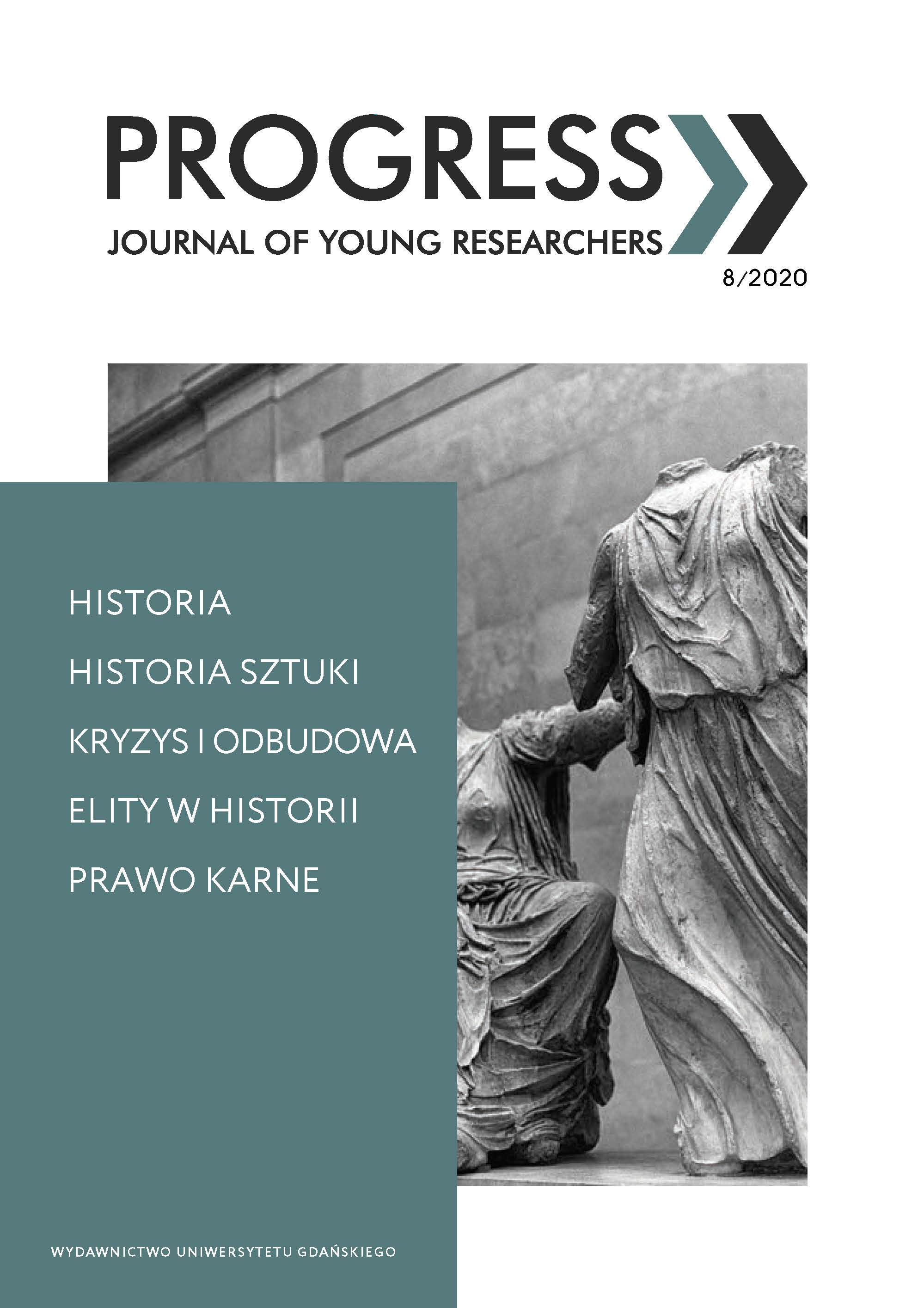The Matter of Reorganization of the Crown Army as Exemplified by Military Conscriptions in Kraków voivodeship, in the era of the Great Sejm
The Matter of Reorganization of the Crown Army as Exemplified by Military Conscriptions in Kraków voivodeship, in the era of the Great Sejm
Author(s): Przemysław JędrzejewskiSubject(s): History
Published by: Wydawnictwo Uniwersytetu Jagiellońskiego
Keywords: The Great Sejm; crown army; civil-military order commissions; history of the 18th century
Summary/Abstract: The decentralization of the Polish-Lithuanian state and the disintegration of its administrative structures since the middle of the 17th century led to a decline in the importance of the Commonwealth in the international arena, and to limi-tation of its sovereignty. The only way to save the country was to follow the mod-ern Western European countries, and adopt the enlightened governance standards from them. An attempt to rectify the system of the Polish state was made during the reign of Stanisław August Poniatowski (1764–1795); progressive reforms were introduced during the sessions of the general sejm in 1788–1792, lat-er referred to as the Great Sejm, or the Four-Year Sejm. The law, entitled The Method of Recruitment in the Crown and the Grand Duchy of Lithuania was approved by the Sejm estates on December 7, 1789. The article On Recruitment was includ-ed in the constitution on the Crown Civil-Military Commissions – newly established institutions of local administration, which were to be responsible for military units stationed locally. In the years 1790–1792, two institutions of this type operated in the Kraków voivodeship: for the Kraków and Proszowice poviats with headquarters in Kraków, and for the Lelów and Książ poviats with headquarters first in Lelów, and then in Szczekociny. Despite numerous difficulties related to re-cruitment, of which primarily we should itemize problems such as numerous delays in the delivery of soldiers by the local authorities, unfitness of recruits for military service, irregular conscriptions, or local no remittal, the first conscription was ultimately a success of local administration. Subsequent attempts were not as smooth, in spite of the efforts of both institutions, such as those undertaken to fight desertion, and despite the fines. Despite the cessation of the activity of the Civil-Military Order Commissions in 1792, the members of the Targowica Confederation did not manage to totally nullify the reforms of the Great Sejm, which were largely restored by the administration of the Kościuszko Uprising in 1794 – including the conscription of recruits.
Journal: Progress. Journal of young researchers
- Issue Year: 2020
- Issue No: 8
- Page Range: 65-80
- Page Count: 16
- Language: English

